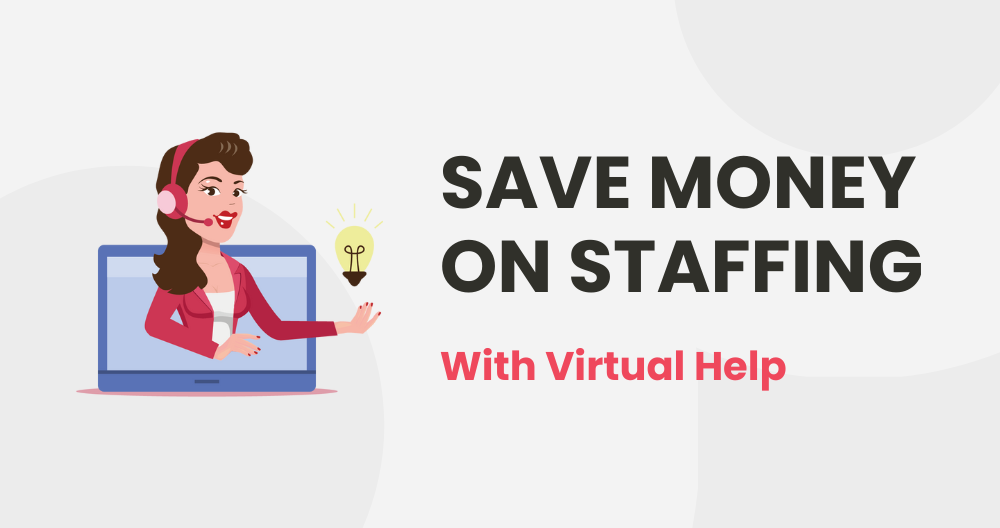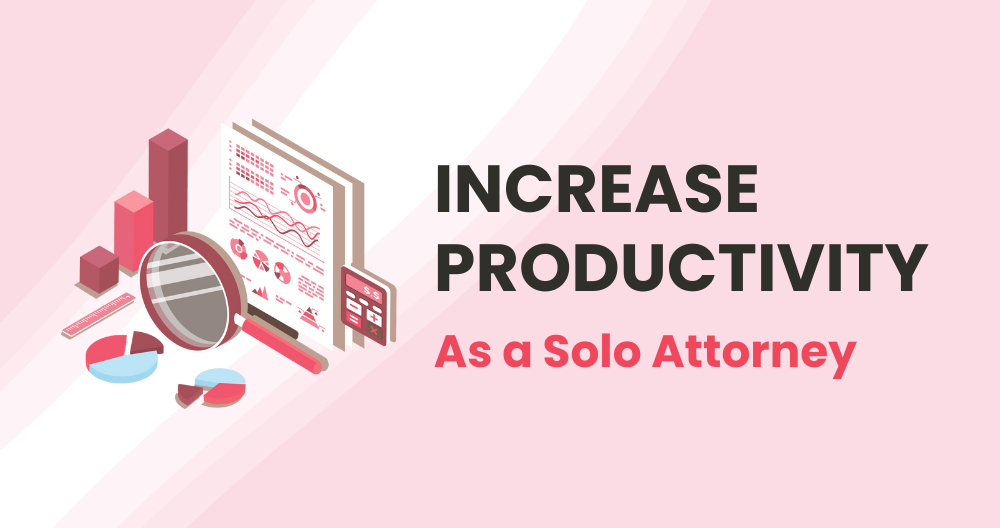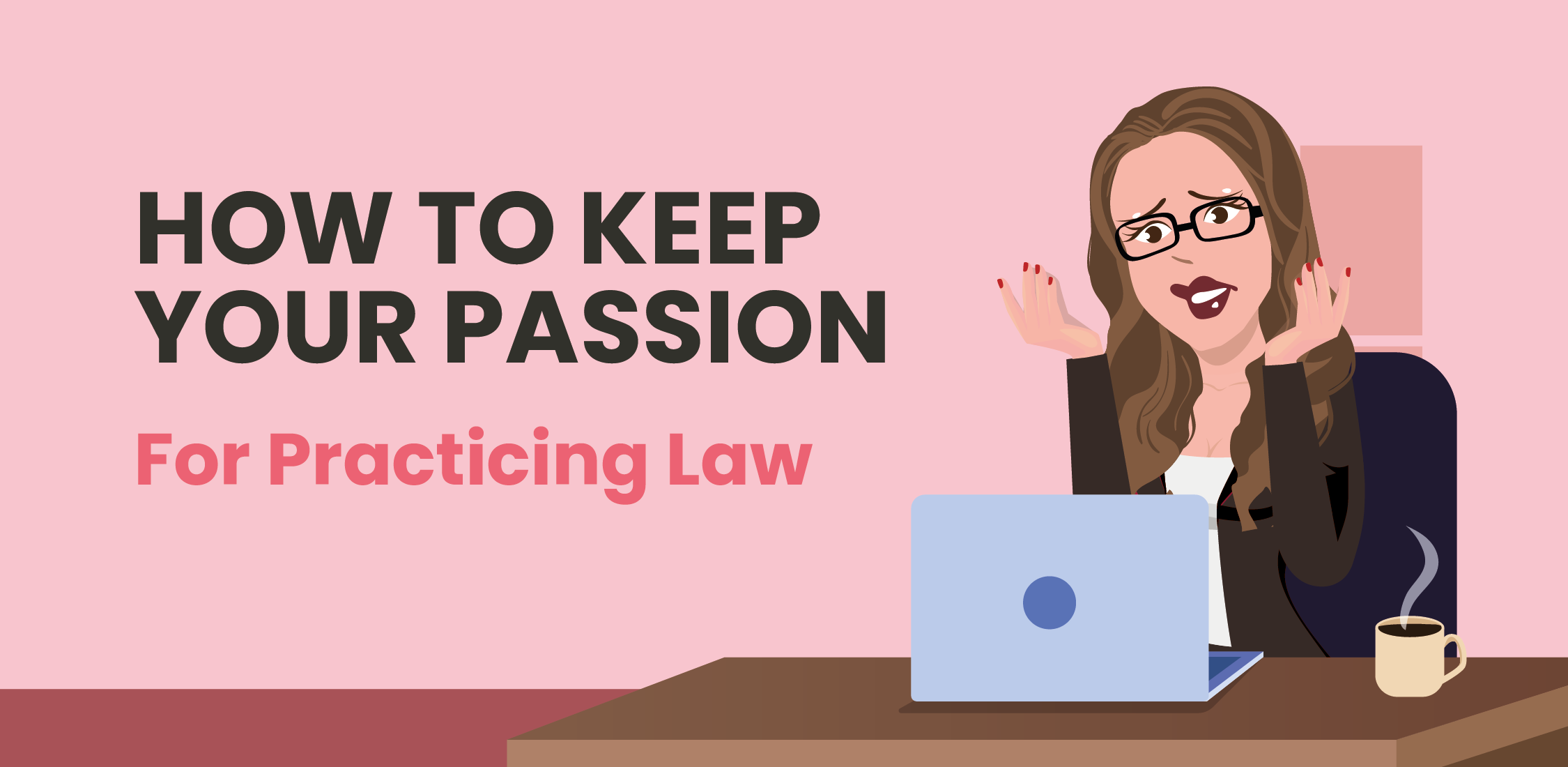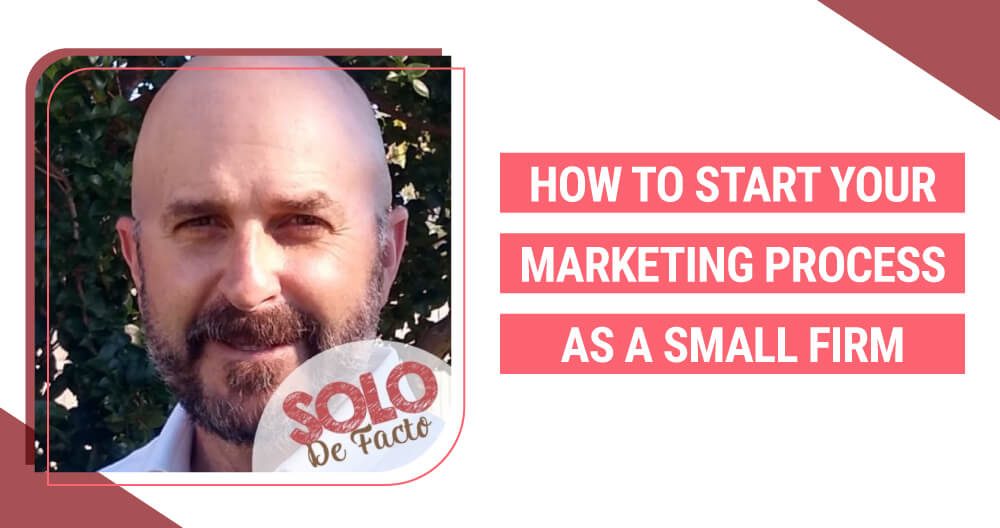Technology & Small Law Firm Management: Beyond LPM Software
In today’s fast-paced, tech-driven world, integrating cutting-edge solutions into your small law firm’s operations can be the difference between thriving and surviving. That’s because harnessing the power of technology can significantly enhance your firm’s efficiency, client satisfaction, and overall success.
In this post, we’ll explore the role of technology in small law firm management, from legal practice management software to virtual employees.
Embracing Your Digital Options
Gone are the days of relying solely on paper documents, manual research, and in-person appointments. As a small law firm attorney, leveraging technology allows you to level the playing field and compete with larger firms while maintaining your personalized service. Here’s how:
Streamlined Case Management
A robust case management software keeps track of all your cases, deadlines, appointments, and documents in one centralized location. Eliminating the risk of crucial information falling through the cracks and ensuring that you’re able to provide consistent, high-quality service to your clients.
Enhanced Communication
Consistent communication should be a top priority for any successful law practice. Automated emails, video conferencing, and secure messaging platforms enable you to communicate with your clients, colleagues, and opposing counsel more frequently and effectively. Staying connected builds strong relationships that foster trust and loyalty. (And helps you avoid a top bar complaint of “lack of communication!”)
Time Tracking and Billing Efficiency
Use technology to streamline your law firm’s billing and invoicing processes in order to accurately track your billable hours and generate invoices with ease. Many LPM software options include these features, but there are also standalone products.
Virtual Legal Assistants & Paralegals
Imagine having a skilled legal assistant who you only pay for the hours you need. Virtual assistants function like contractors – meaning you aren’t responsible for salary, benefits, recruiting, and employee management. Instead, you’ll pay a flat rate based on hours or minutes.
These virtual staff members provide the qualified and experienced help you need – for a fraction of the cost of an in-house employee! Giving you the ability to focus on what you do best: practicing law.
Project & Office Management
Virtual legal assistants can tackle that day-to-day busy work that’s keeping you from your casework:
- Calendar Management: Scheduling your appointments, blocking off time for casework or court, and canceling or rescheduling for you when you’re overbooked
- Email Management: Finally – inbox 0. Cleaning up your existing mail and folders and monitoring your incoming email.
- Finances: Creating invoices for your clients and staying on top of them until payment arrives and meticulously tracking your expenses for you.
- CRM Management: Entering new leads, updating client information, and creating automated workflows.
- Client Communications: Updating clients on their cases and appointment reminders.
Legal Research
Whether you need case law analysis, precedent research, or legislative updates, virtual legal assistants can conduct thorough legal research to provide you with the information you need, making your job a little bit easier.
Document Preparation
Virtual legal assistants can assist with drafting legal documents, such as contracts, pleadings, and correspondence, saving you valuable time (and ensuring accuracy!).
Virtual Legal Receptionists
Let’s face it: in the legal industry, first impressions matter. Many successful small law firms use virtual legal receptionists as the relentlessly friendly voice of their law firms. Imagine the ability to work in sweet, peaceful silence while virtual legal receptionists deliver an exceptional client experience and maintain your law firm’s professional image.
New Client Intake
Virtual legal receptionists handle initial inquiries from potential new clients, screen your leads, gather essential information, and schedule new client consultations. They’ll manage a smooth and efficient intake process while ensuring no call (aka potential new client) slips through the cracks.
Call Management
The small law firm attorney’s secret to working in silence. Virtual legal receptionists will answer all your incoming calls, and route them accordingly. Transferring the calls that you want to receive and taking messages or scheduling appointments for less urgent matters.
Outbound Calling
Virtual legal receptionists can handle all of your outbound calls for you too. Making following up on your website’s contact forms, rescheduling appointments, appointment reminders, and collecting payments no longer your responsibilities.
Embrace the Tech-Filled Future
By embracing the technology available to you, you’ll position your small law firm for growth, increased efficiency, and an enhanced client experience.
So, take the leap into the digital frontier and watch your small law firm thrive in the modern age!
Want to learn more about how Virtual Legal Assistants & Receptionists can help you grow your law firm? Schedule a Free Discovery Call today.




 No one goes to law school out of a deep love of paperwork (no, not even transactional lawyers). But the practice of law often includes some undesirable tasks, and many of those fall firmly in the administrative realm.
No one goes to law school out of a deep love of paperwork (no, not even transactional lawyers). But the practice of law often includes some undesirable tasks, and many of those fall firmly in the administrative realm.


 Are you the kind of executive that wants to “do it all”?
Are you the kind of executive that wants to “do it all”?

